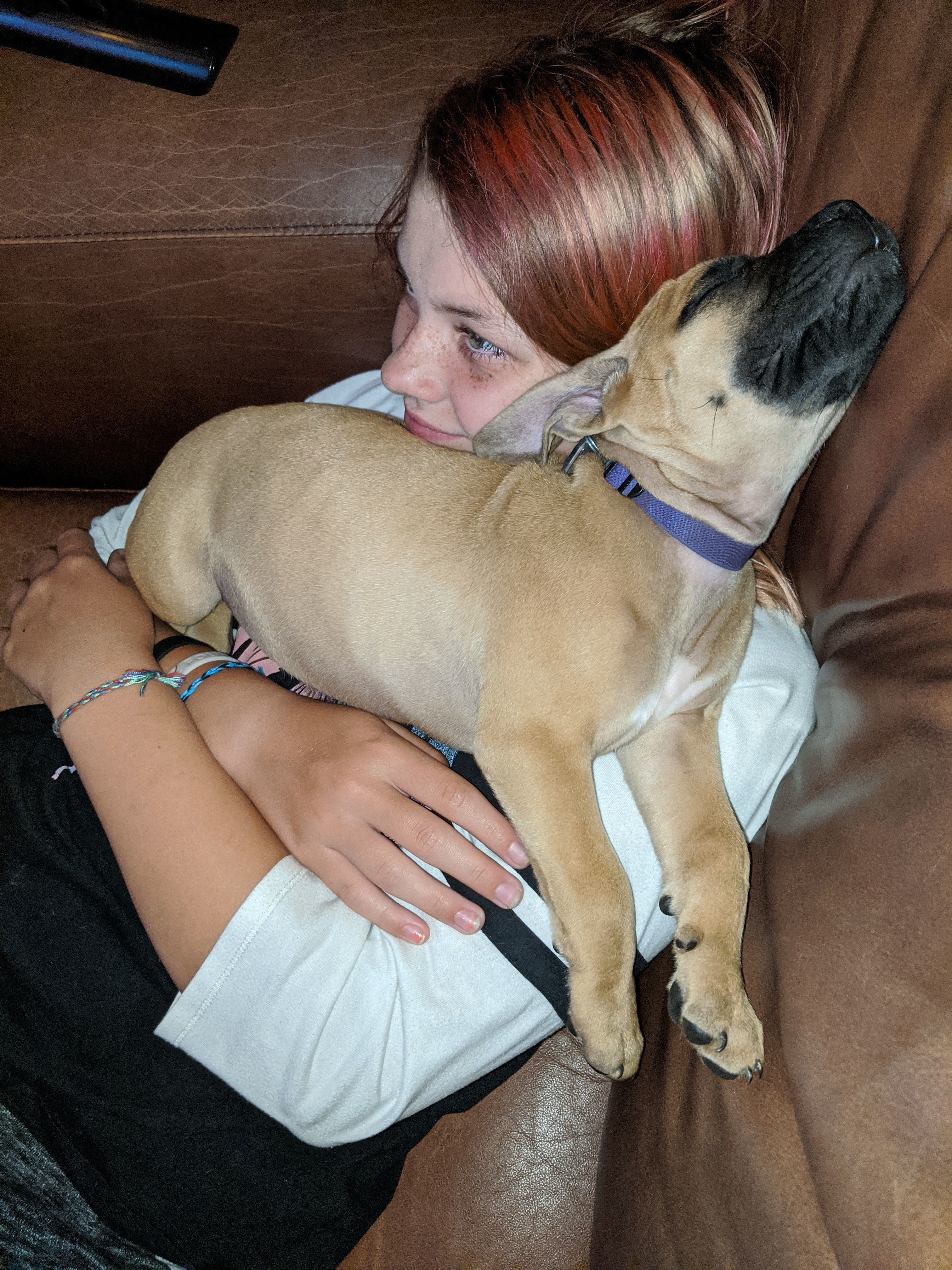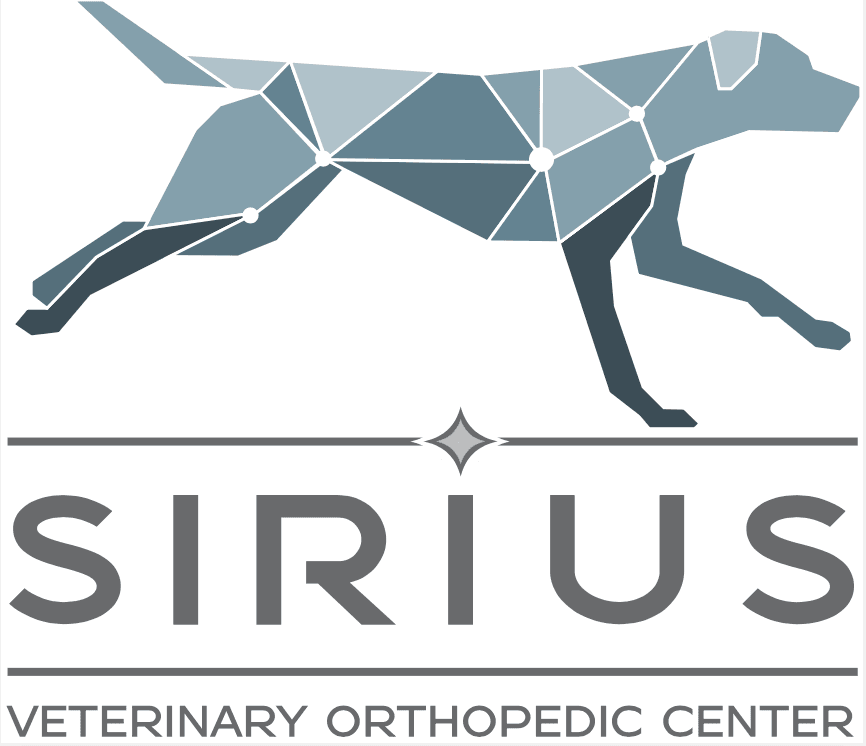Our foster network is a vital part of our ability to help more animals. We need volunteers to provide foster care for a variety of reasons which may include:
- Kittens that need to gain weight before they can be spayed or neutered
- A mother cat or dog that needs a quiet place to nurse her litter
- A shy dog or cat in need of socialization
- Dogs or cats that need a course of medication for respiratory illness
- Dogs or cats recovering from a surgical procedure
- Cats or dogs available for adoption but do better outside of the shelter environment.
**Because our Foster Care Volunteers need to focus their volunteer time on the many homeless animals in our care, Capital Humane Society does not foster owned animals. If you are no longer able to care for your pet and would like to surrender him/her to us, please click here to learn more. If you're looking for a temporary foster home click here. **
We are always looking for new foster parents to continue to help the animals in our care. For more information about becoming a foster parent and more FAQs, see below.
How to Become a Foster Parent
In order to become a foster parent, you must:
- Be at least 18 years old.
- Have the consent of all adults living in your household.
- Have the consent of your landlord, if applicable.
- Have current vaccinations for all your household pets in your home.
- Agree to keep foster felines indoors, at all times.
- Agree to a virtual home visit with our program coordinator.
- Attend and complete the foster care orientation class.
The first step to becoming a foster parent is to complete the foster care application. Click the Foster Caretaker Application button at the top of the page to complete the online form. After you have completed the application form you will receive a response from our foster coordinator in 48-72 hours to schedule a home visit. After that, you will be contacted by the foster coordinator about current animals in need of a foster home.
As part of the program, CHS will provide you with all supplies needed to care for the animals. This includes food, litter, medications, litter boxes, and more.
To learn more contact us at:
foster@capitalhumanesociety.org
(402) 477-3270
Benefits of Fostering
Some of the great benefits of fostering include:
- Foster parents are able to provide potential adopters with accurate information pertaining to the foster animal's likes and dislikes better ensuring a successful, permanent match.
- A foster animal provides lots of fun and companionship for any pre-existing pets in your household.
- Fostering a shelter animal enables that animal to live in a comfortable home environment.
- Taking a shelter animal into your home provides space so that CHS can more easily accommodate additional animals.
- Looking into the eyes of your foster animal and knowing that they are full of gratitude and unconditional love.
- Fostering enables you to touch the lives of many animals over the course of time
Frequently Asked Questions
What does it cost to foster?
We furnish all the supplies you need including food, litter, bedding, toys and enrichment items, and medical care. Foster parents are responsible for traveling to and from the shelter for medical care and foster care appointments. The frequency of appointments varies depending on the reason an animal is being fostered.
How long will I have my foster?
Fostering may last anywhere from two weeks to several months, depending on the pet's needs.
Can my foster animal interact with my pets?
All fosters should be kept separate from your resident pets, if they are being treated for a possibly contagious illness like Kennel Cough, Upper Respiratory Illness, etc. This will help prevent spreading known or unknown illnesses to your resident animals. While it may be difficult, it is best to consider the health of all the animals under your care. However, animals in foster care for socialization or non-contagious medical issues are encouraged to interact and social with other pets. Remember to always supervise foster animals while they are interacting with resident pets.
Where should I keep my foster animal?
A separate room or enclosed area without carpet makes it easier to clean. Often a bathroom, laundry room, or basement would work best.
What do I do with my foster animals if I have to leave town?
Let us know, as soon as possible, and we'll find them another foster home.


















